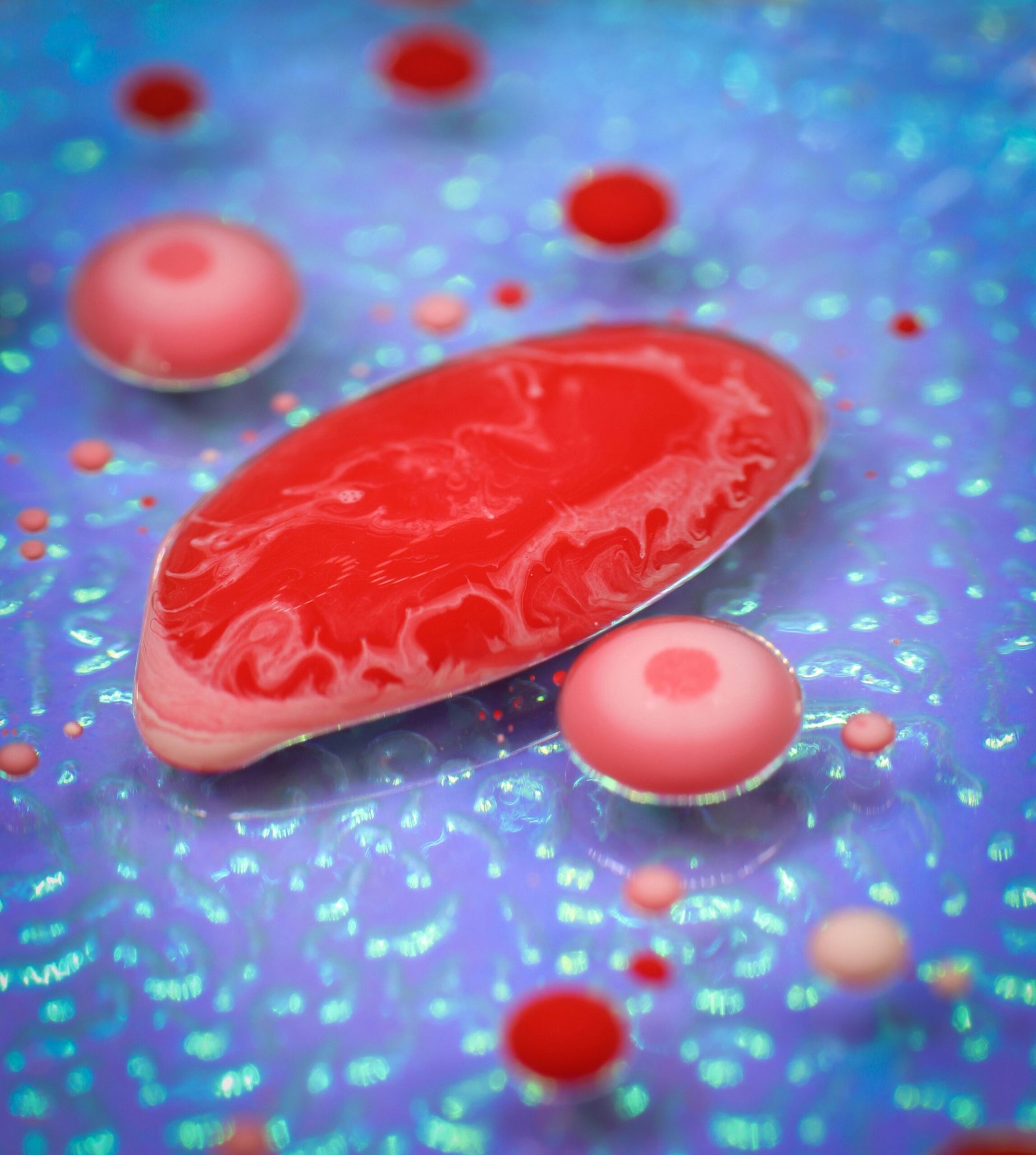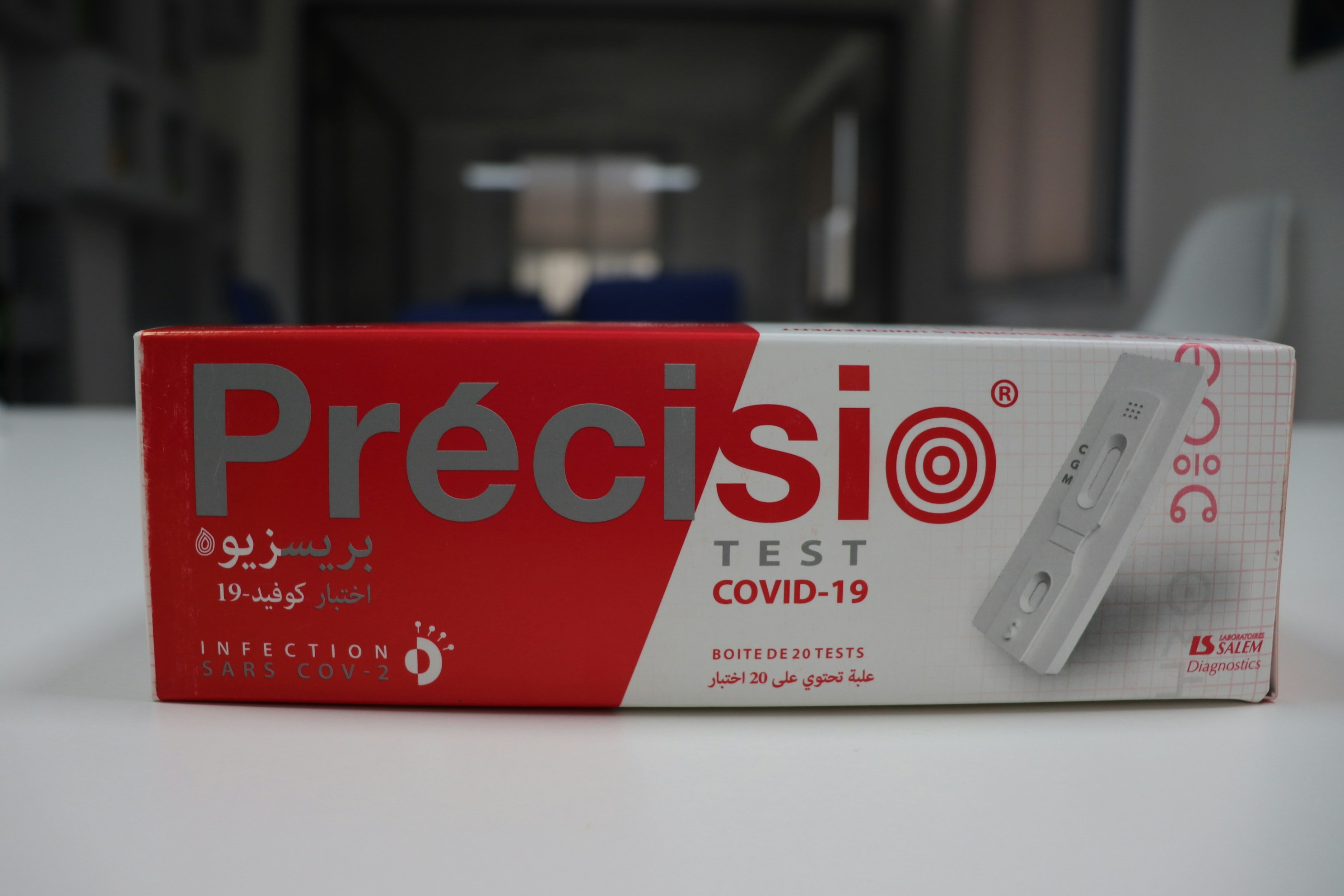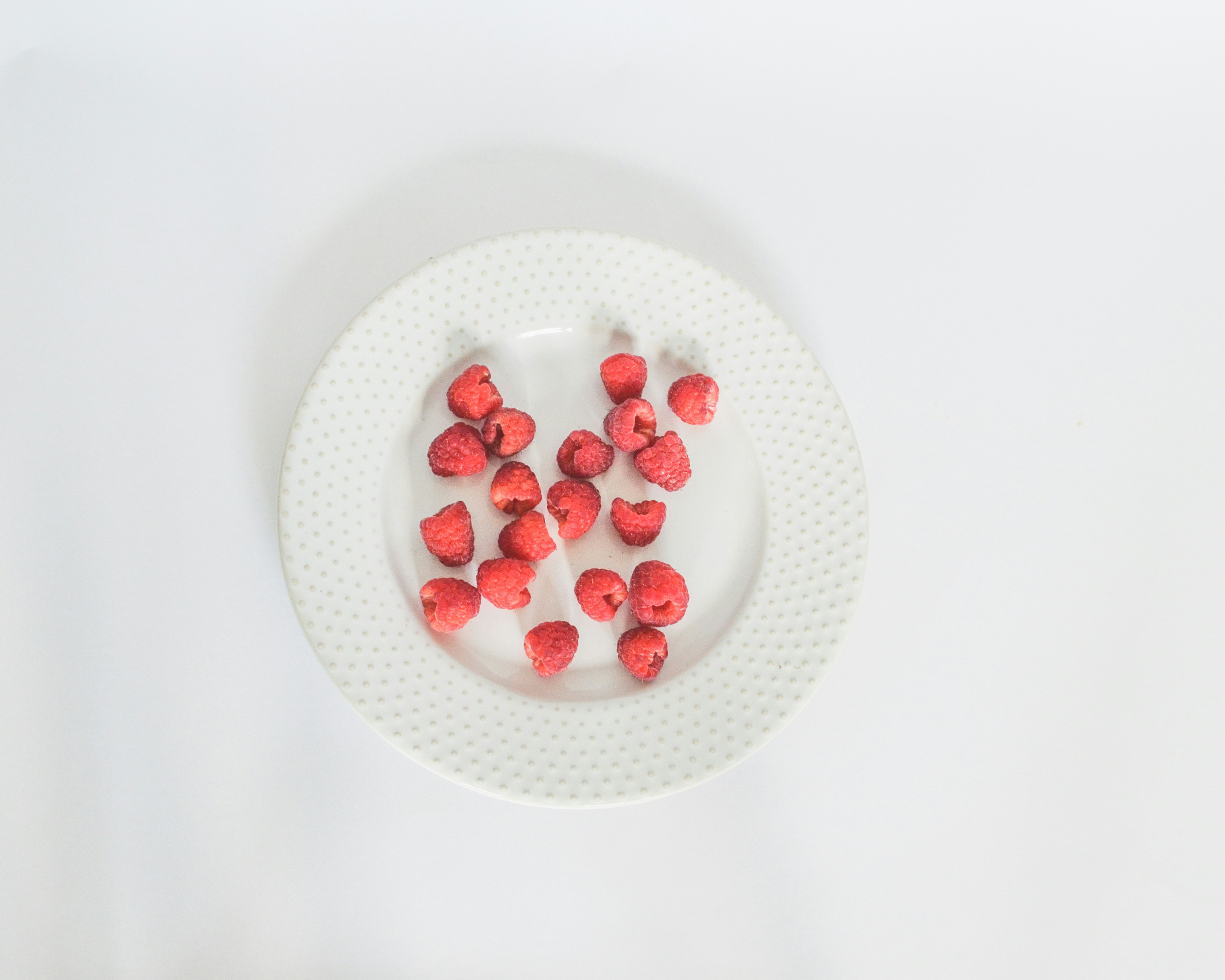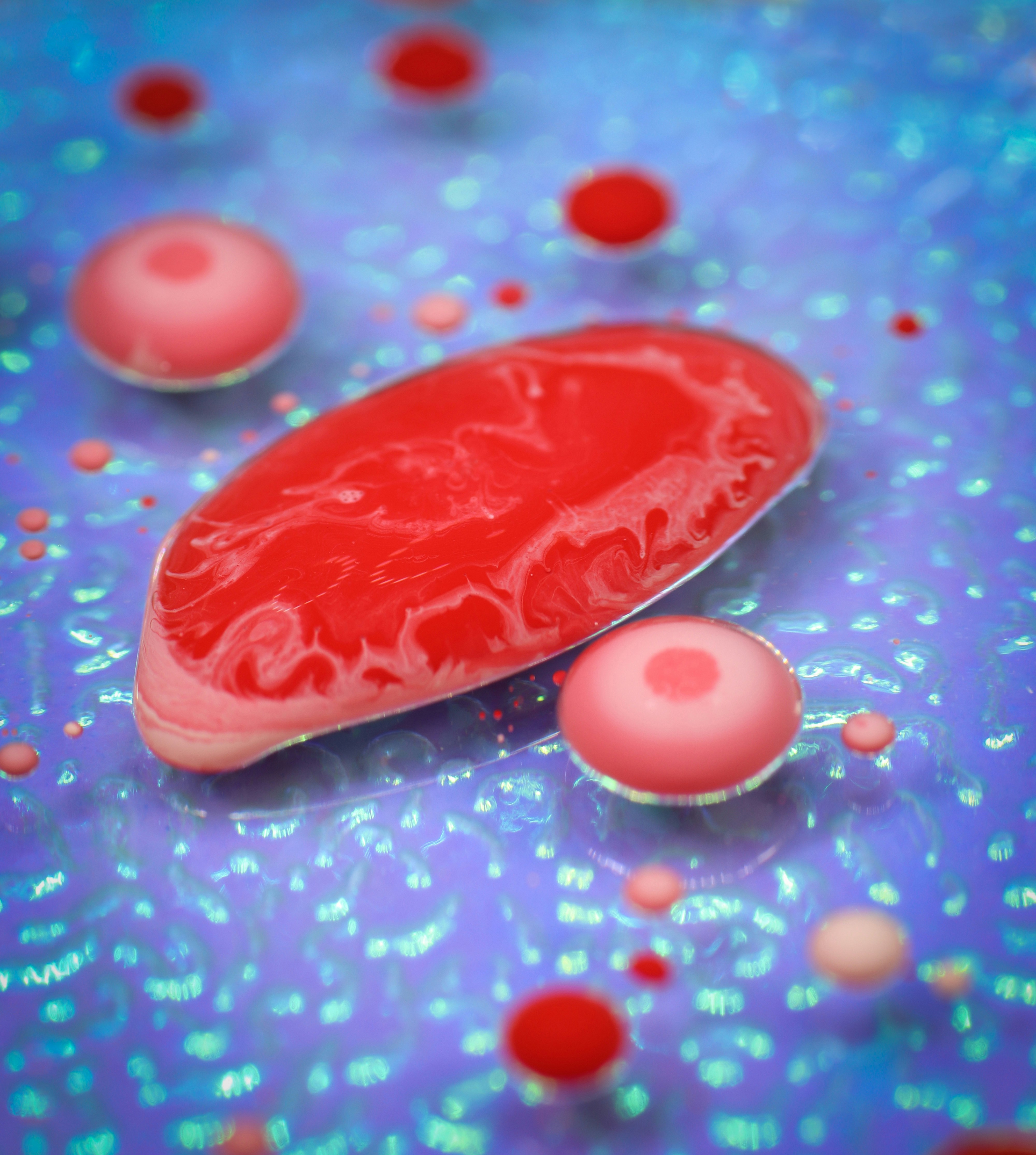What if you could improve your gut health and help your body manage oxalates at the same time? Though it may sound like a lofty goal, recent research into prebiotics shows that it’s indeed possible. In this article, we’ll unravel the science behind prebiotics and their potential role in oxalate degradation. You might find this information surprising, especially if you thought gut health was solely about probiotics.
What Are Prebiotics?
Let’s start with the basics. Prebiotics are non-digestible fibers found in certain foods that promote the growth of beneficial bacteria in your gut. Unlike probiotics, which involve introducing live bacteria into your system, prebiotics provide the food that those bacteria need to thrive. So, you could think of them as the supportive cast in the gut health production—essential, but often overlooked.
In short, incorporating prebiotics into your diet can help maintain a healthy and balanced gut microbiome, paving the way for a host of health benefits, including enhanced digestion, improved immune responses, and, potentially, better oxalate management.
Why Focus on Oxalates?
Oxalates are compounds found in many foods, and while they play a natural role in many bodily processes, an excess can lead to health problems, particularly kidney stones. If you’ve ever had to watch your oxalate intake due to medical advice, you’re likely familiar with how challenging it can be to manage this in your diet. the connection between oxalates and gut health is an emerging field of study, suggesting that the bacteria in your gut could influence how your body handles these compounds.
The Gut Microbiome’s Role in Oxalate Degradation
You may not realize it, but your gut is home to trillions of microorganisms that work synergistically to maintain your health. This complex ecosystem is dynamically engaged in breaking down food, fighting off pathogens, and overall, keeping you running at your best.
How Gut Bacteria Break Down Oxalates
The gut bacteria known as Oxalobacter formigenes play a crucial role in degrading oxalates. These bacteria use oxalates for their energy, effectively preventing excess levels from being absorbed into the bloodstream. However, the population size and diversity of these beneficial bacteria can vary greatly among individuals, and this may affect the overall capacity for oxalate degradation.
If you’re someone who struggles with oxalate levels, you might benefit from understanding how prebiotics can encourage a more beneficial gut flora.
Types of Prebiotics
Not all prebiotics are created equal; they vary in structure and function. Here are some of the main varieties that you ought to know:
Fructooligosaccharides (FOS)
FOS is found in foods like garlic, onions, bananas, and asparagus. These soluble fibers are fermented by beneficial bacteria in the colon, resulting in a short-chain fatty acid production that can enhance the health of your gut lining. They also show potential for inhibiting oxalate absorption.
Inulin
Similar to FOS, inulin is abundant in foods such as chicory root, artichokes, and wheat. It has a thicker consistency and often serves as a thickening agent in various food products. Like FOS, it also promotes beneficial bacterial growth.
Galactooligosaccharides (GOS)
GOS is found in legumes, beans, and breast milk. They are associated with boosting gut health by supporting the growth of bifidobacteria, which may improve the degradation capacity related to oxalates.
Resistant Starch
This particular prebiotic is less mentioned but is noteworthy. Found in foods like unripe bananas and cooked and cooled potatoes, resistant starch acts more like a soluble fiber. It ferments in the intestine and may have a positive influence on gut bacteria, including those that help with oxalate degradation.
How to Incorporate Prebiotics into Your Diet
Thinking about adding more prebiotics to your meals? You’re in luck! Here are ways to easily work them into your daily routine.
Start with Breakfast
Consider adding a banana to your morning oatmeal or a sprinkling of chia seeds on yogurt. Both options provide prebiotic fibers that can kickstart your day on the right foot.
Get Creative with Snacks
Instead of reaching for a bag of chips, why not munch on some raw veggies with hummus? The chickpeas in hummus provide GOS, plus the veggies offer a variety of fibers.
Embrace Legumes
Beans and lentils can be added to soups, salads, or even made into veggie burgers. They’re a fantastic source of GOS and are very versatile in meals.
Try New Recipes
Why not experiment with foods like artichokes or asparagus? They can be prepared in a variety of ways and provide significant amounts of inulin.
Food Sources High in Prebiotics
You might be wondering which foods are particularly rich in prebiotic fibers. Below is a concise table that can guide you through incorporating these delicious options into your meals:
| Food Item | Type of Prebiotic | Benefits |
|---|---|---|
| Garlic | Fructooligosaccharides (FOS) | Promotes gut health |
| Onions | Fructooligosaccharides (FOS) | Rich in antioxidants |
| Chicory Root | Inulin | Aids in digestion |
| Bananas (unripe) | Resistant Starch | Supports gut health |
| Asparagus | Inulin | High in vitamins and minerals |
| Legumes (beans) | Galactooligosaccharides (GOS) | Provides protein and fiber |
| Wheat (whole grain) | Inulin | Great source of dietary fiber |
| Artichokes | Inulin | May help with digestion |
By consciously integrating these foods into your meals, you’re well on your way to enhancing your gut health and possibly improving your body’s ability to handle oxalates.
The Science Behind Prebiotics and Oxalate Degradation
While individual experiences can vary, some studies suggest a correlation between prebiotic intake and improved oxalate metabolism. The research is relatively nascent, yet exciting findings are starting to surface.
Positive Outcomes in Clinical Studies
In clinical trials, participants consuming higher amounts of prebiotics showed improved microbiome diversity, which plays a critical role in reducing oxalate levels. By bolstering the population of bacteria that degrade oxalates, individuals may experience fewer kidney stones and related complications.
The Future of Oxalate Research
As studies continue to roll out, the link between prebiotics and oxalate degradation is likely to get clearer. Future research may lead to personalized dietary recommendations based on an individual’s unique gut microbiome profile. Imagine being able to tailor your diet specifically to manage oxalate levels!
Challenges and Considerations
Before you start indulging in a prebiotic-filled diet, it’s essential to note that not everyone may respond positively. Here are a few factors to consider.
Possible Side Effects
Some people may experience bloating or discomfort when increasing their fiber intake precipitously. It’s usually a good idea to gradually introduce prebiotics into your diet to allow your gut time to adjust.
Individual Variability
Everyone has a unique gut composition, so what works for one person may not work for another. It can take some experimenting to figure out what prebiotic foods suit you best.
Consultation with Health Professionals
If you’re dealing with specific health concerns related to oxalates or other gastrointestinal issues, it’s a good plan to consult with a healthcare provider. They can offer tailored advice on how to integrate prebiotics into your diet safely.
Everyday Tips for Maintaining Gut Health
Your gut is like a garden; it flourishes with the right nutrients. In addition to prebiotics, consider these tips for overall gut health.
Stay Hydrated
Water is fundamental for all bodily functions, including digestion. Adequate hydration helps in breaking down food and nutrient absorption.
Maintain a Balanced Diet
Focus not only on prebiotics but also on a variety of nutrients. A balanced diet rich in fruits, vegetables, whole grains, and lean proteins can support overall health and wellness.
Probiotics Matter Too
While the focus here is on prebiotics, regularly consuming probiotics through fermented foods like yogurt, kimchi, and kefir can help establish a robust gut flora.
Move Your Body
Regular physical activity promotes gut motility, making digestion more efficient. Even a daily walk can make a difference.

Conclusion
Maintaining a healthy gut is crucial for overall well-being, and prebiotics offer a promising pathway to possibly improving oxalate degradation. By integrating more prebiotic foods into your diet, you could support the beneficial bacteria in your gut and manage oxalate levels more effectively.
Incorporating simple changes to your eating habits can have a profound impact on your health. It’s always encouraging to know that small adjustments, like adding more fruits and vegetables or trying new recipes, can make such a difference. You have the power to take charge of your gut health, all while enjoying a delicious variety of foods. So, why not start today?




